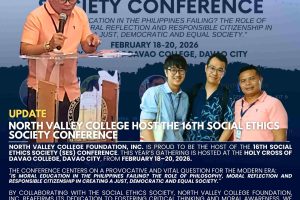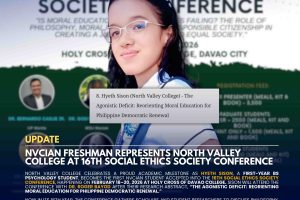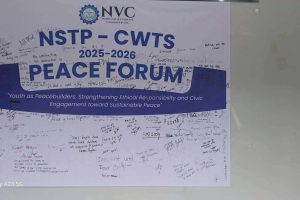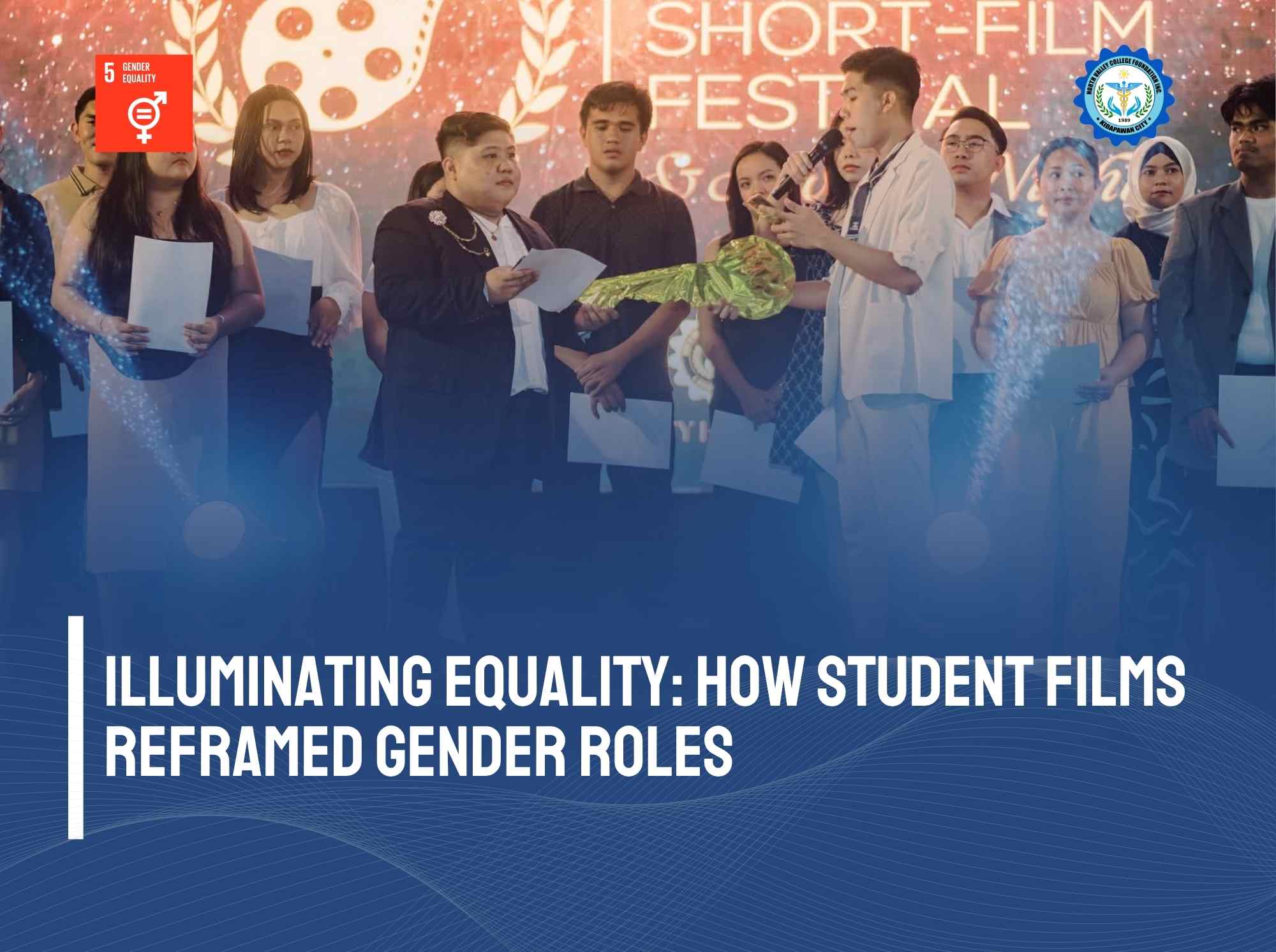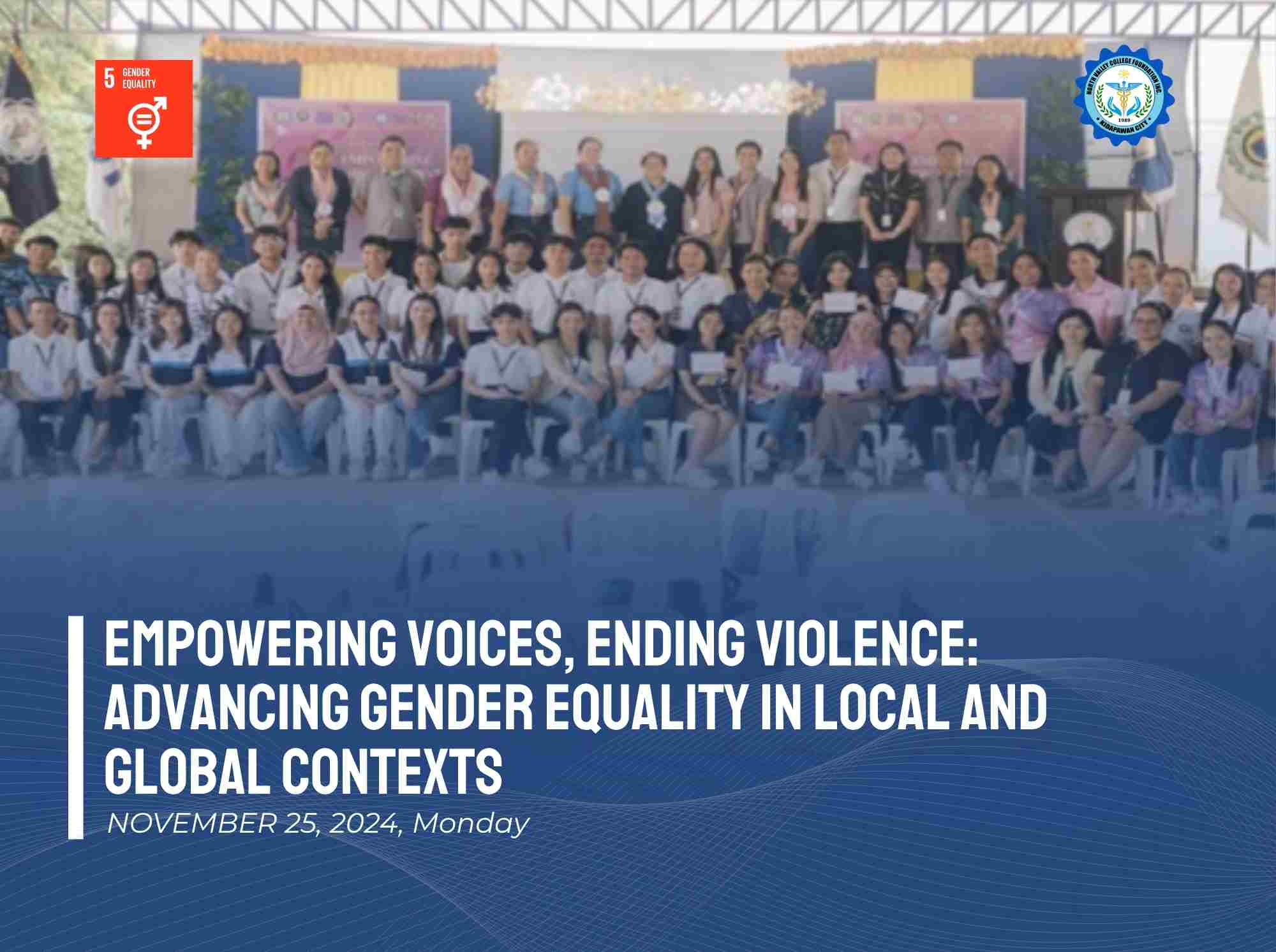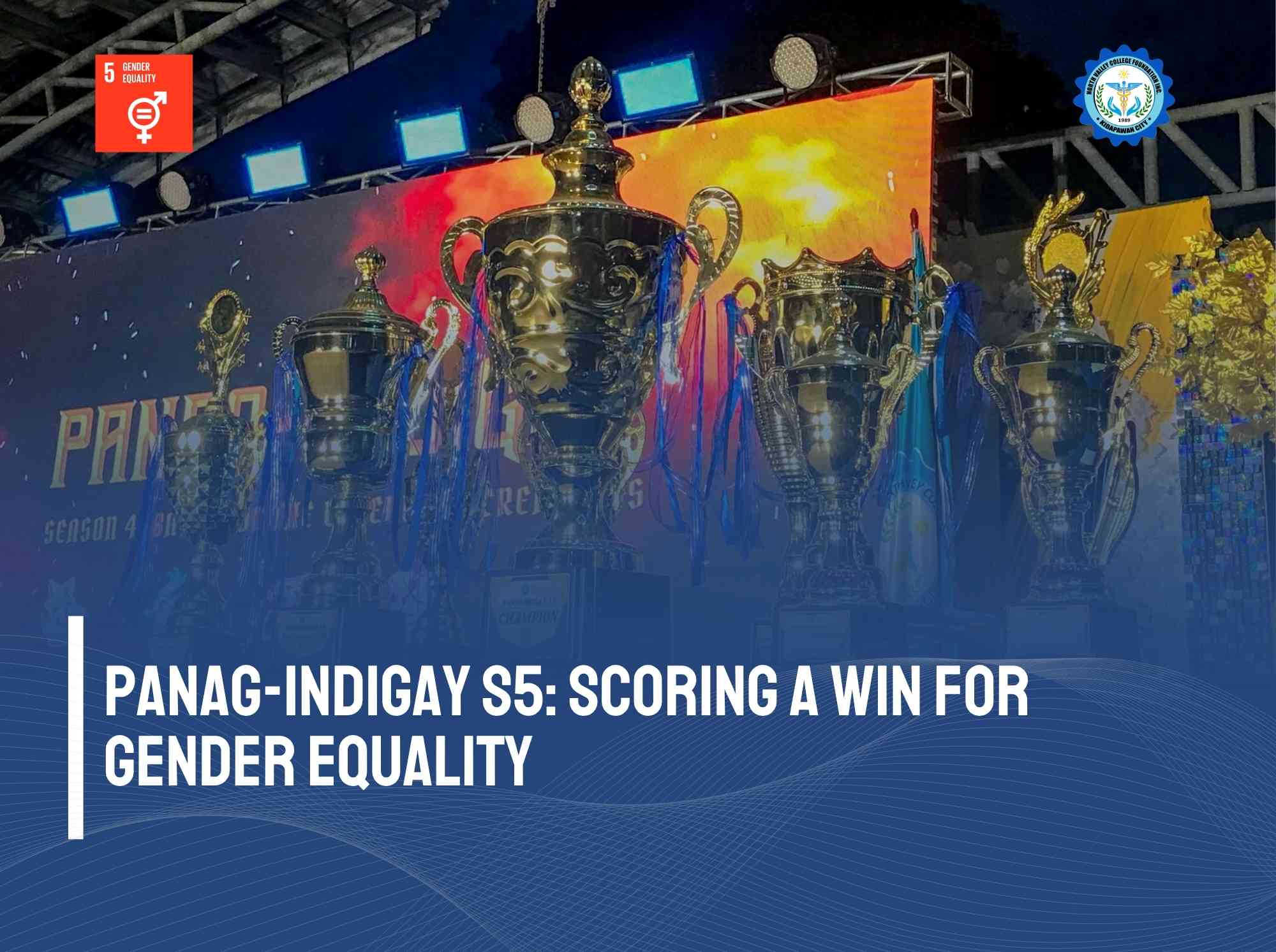The May 2024 Student Short Film Festival was not just a celebration of cinematic arts; it was a deliberate, hands-on implementation of SDG 5: Gender Equality, orchestrated by the student council. Acknowledging the power of media in either reinforcing or dismantling stereotypes, the council introduced groundbreaking structural requirements for the competition. This included mandating that all participating teams must demonstrate balanced gender representation within their core creative leadership roles—specifically the director, writer, and principal cinematographer. Furthermore, judging criteria were meticulously updated to award films that transcended superficial narratives, instead prioritizing those that effectively showcased women and girls in non-traditional, empowered roles and critically explored systemic issues of gender inequality within the community. This move transformed the festival from a simple talent showcase into a powerful, mission-driven advocacy platform.
The most compelling outcome of this policy was the profound shift in the festival’s thematic landscape. The commitment to gender balance at the production level directly resulted in richer, more authentic storytelling. The narratives presented collectively challenged the status quo, with a noticeable trend in submissions that focused on female agency and confronting the nuances of toxic masculinity within the youth experience. The selection of winning films highlighted stories of resilience and leadership, demonstrating that when diverse perspectives are given the creative helm, the stories become more relevant and impactful for the entire student body. Complementing the submission rules, the student council also ensured that the selection process was equitable, assembling a judging panel with guaranteed 50/50 gender representation and including experts in sociology and media ethics to ensure the evaluation was both artistically fair and socially aware.
The successful integration of SDG 5 into the May 2024 Short Film Festival provides a clear model for how student organizations can effectively drive the sustainability agenda. By establishing clear, measurable, and mandatory guidelines for gender parity in both content and production, the student council has solidified the festival’s legacy as a standard-bearer for equality. It has been proven that institutional policies, when applied to creative endeavors, can cultivate a generation of young artists who are not only technically proficient but are also deeply conscious of their role as social commentators and advocates. The festival’s framework offers a powerful lesson: to achieve SDG 5, we must intentionally design spaces that illuminate and amplify equal opportunities, ensuring that the student body’s diverse voices are heard, seen, and celebrated.

